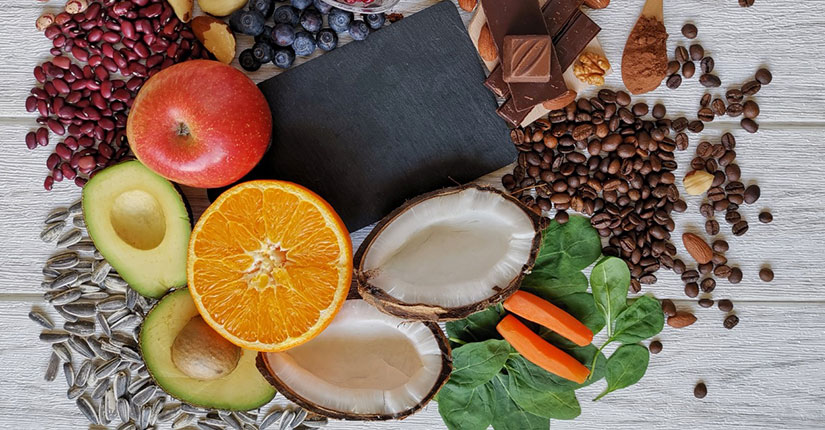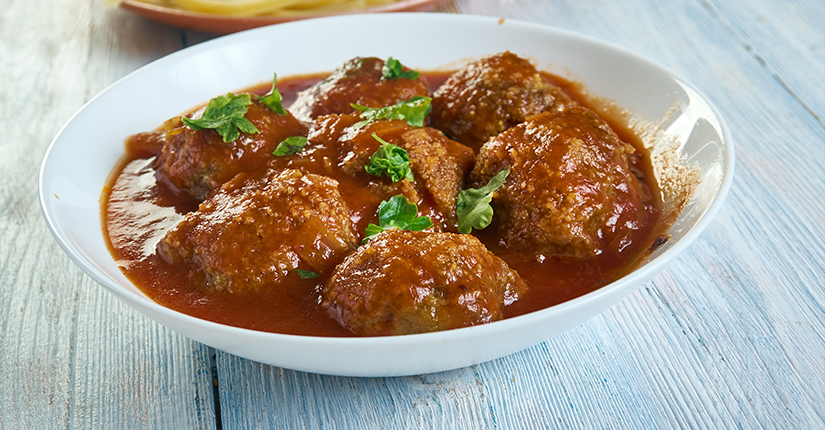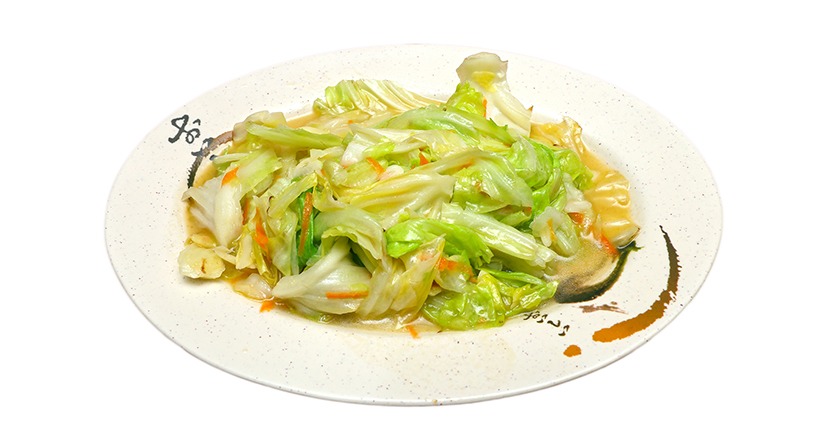6 Effective Nutritional Tips to Manage COPD
By Nmami Agarwal 18-Nov 2021 Reading Time: 5 Mins

Most people are surprised to know that the food they eat can have a major impact on their breathing but that’s so true! Your body uses food as fuel for all of its activities like sleeping, walking, etc including breathing. The right pack of all the essential nutrients in your diet can help you breathe easier. Metabolism of carbohydrates produces the most carbon dioxide for the amount of oxygen used whereas metabolism of fat produces the least. For some people with COPD (Chronic Obstructive Pulmonary Disease), eating a diet with fewer carbohydrates and more healthy fat helps them breathe easier. A healthy diet can be beneficial in managing COPD. Read below to know 6 effective tips while managing COPD:
- Include high protein foods: Eat a protein-rich diet to help maintain strong respiratory muscles and improve the immune system. Good sources of food rich in protein include milk, eggs, fish, poultry, nuts, meat, or peas. While you are losing weight go for low-fat sources of protein like lean meats and low-fat dairy products.
- Choose complex carbs over simple carbs: If you are including carbs in your diet, go for complex carbs over simple carbs as they are a rich source of fibre that helps in managing the blood sugar levels and improves the digestive system functions. Foods that you must include are beans, quinoa, lentils, peas, potato with skin, whole grain bread, and pasta over simple carbs like candies, refined sugar, and soft drinks.
- Prefer healthy fats: When choosing to eat a higher fat diet, instead of choosing fried food options, opt for snacks and meals containing fats like avocados, coconut and coconut oil, nuts, seeds, olives and olive oil, fatty fish, and cheese. These foods will provide you more overall nutrition, especially in the long term.
- Go for potassium-rich foods: Potassium is crucial for proper lung function, so a potassium deficiency can cause breathing issues. Try to eat foods containing high levels of potassium such as dark green leafy vegetables, bananas, oranges, avocados, beetroot, potato, tomato among others.
- Watch out for sodium intake: Too much sodium or salt consumption in your diet can lead to water retention, which may affect your ability to breathe. Remove the salt shaker from the table and don’t add too much salt to your cooking. Use unsalted herbs and spices to add extra flavour to your food instead. Your snacks should contain no more than 300 milligrams of sodium per serving whereas whole meals should have no more than 600 mg.
- Be Mindful while Consuming fruits & vegetables: Some fruits & vegetables like apples, peaches, apricots, melons, cauliflower, onion, peas, Brussel sprouts, corn may cause bloating and gas in some people due to their fermentable carbohydrates. This may lead to breathing problems in some people with COPD. Instead, you can focus on low fermentable fruits like berries, pineapple, grapes, and vegetables like sweet potato, carrots, and squash. However, if those foods aren’t a problem for you, include them in your diet after consulting your dietician.
Over to you:
It is important to manage COPD (chronic obstructive pulmonary disease) by eating a diet rich in healthy fats, proteins, and complex carbohydrates to improve your lung functions. Make necessary changes in your diet and lifestyle, and see drastic changes in your overall health and breathing rate.





















